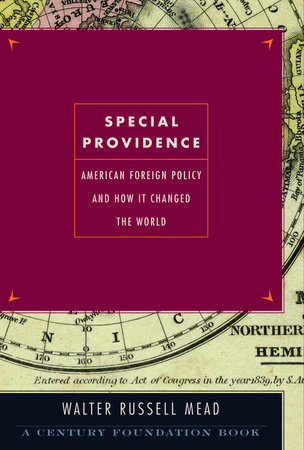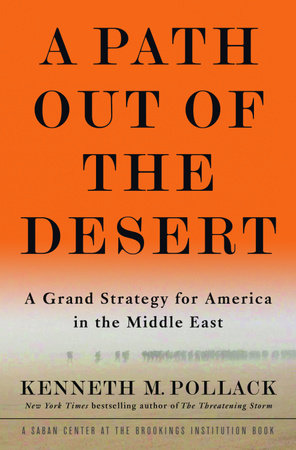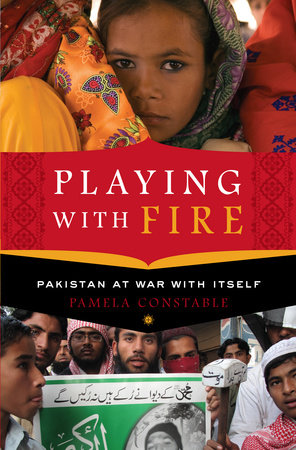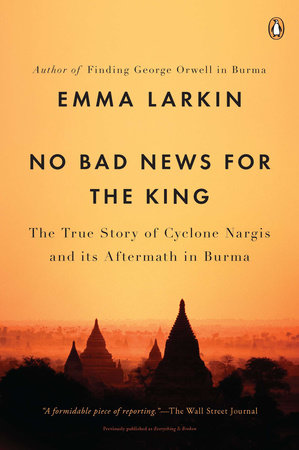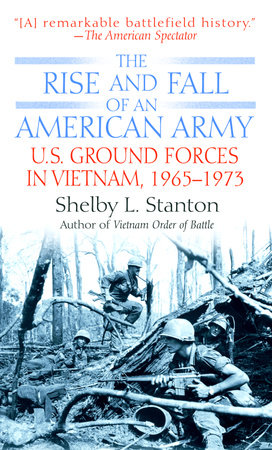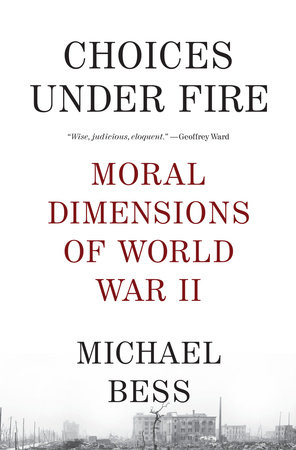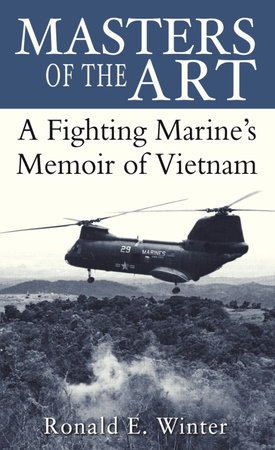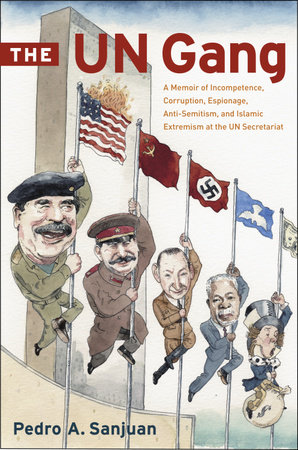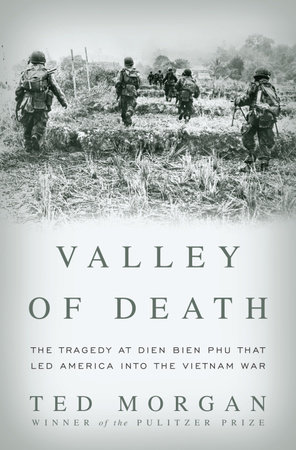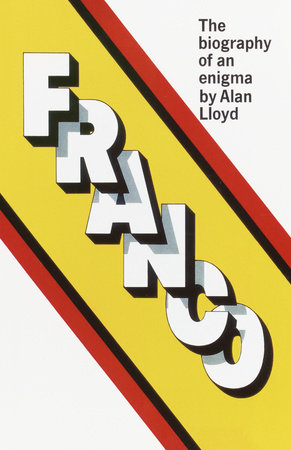A Conversation with Walter Russell Mead, author of Special Providence
Q: The question at the top of everyone’s list right now is what should we do in response to the September 11 attacks? Is the Bush Administration handling the situation properly in your view?
A: The Bush Administration’s response to the September attacks has been extremely successful so far. U.S. public opinion is firmly behind the president, and a large international coalition supports our policy. With the war less than two months old, that is not a bad start.
Unfortunately, the most serious problems still lie ahead. Over time, the strength of both the domestic and international support for the president will be tested. As the carnage of September slowly fades from public memory, the media will increasingly be dominated by the pictures of collateral damage caused by U.S. bombs in Afghanistan. This could be a problem. Bin Laden’s strategic goal at this stage of the war is to turn the American campaign against terror into a war between Islam and the west. Preventing him from consolidating his support in the Muslim world and presenting himself as the leader of Islam in a struggle with the west must be one of our highest priorities. Unfortunately, what we do to win the military campaign in Afghanistan could undercut our political efforts and perhaps endanger friendly governments in places like Egypt and Saudi Arabia. We should not exaggerate this danger, but we should not be blind to it, either.
All this does not mean that I think U.S. policy in Afghanistan is mistaken. It only means that some of President Bush’s hardest decisions still lie ahead.
Q: Should our leaders have seen the attacks coming?
A: Let’s put it this way. Homeland defense has been shamefully neglected for many years. This failure will almost certainly affect Bill Clinton’s already precarious standing in history.
Q: Has the Council been called upon to help devise a strategy for dealing with our current situation? If so, what has been the Council’s role?
A: Since September 11, the new war has been the top priority of the Council on Foreign Relations. The Council web site is continually updated to include our publications and activities related to the war and can be contacted at www.cfr.org. We have established an Independent Task Force under the bipartisan leadership of Carla Hills and Richard Holbrooke to advise policy makers and the general public. In addition, Council fellows have made hundreds of media appearances in the US and abroad since September 11 and written dozens of op-eds and journal articles. Many of our research fellows are also involved in providing advice to policy makers about issues ranging from the overall strategy of the war to the humanitarian and refugee problems resulting from the conflict.
Q: You outline four schools of thought governing U.S. foreign policy. How did you decide upon these four schools and could you briefly describe each?
A: I didn’t set out to write about four schools. I set out to write a book about the big themes in American foreign policy. As I did my homework in American history, however, it became more and more obvious that in many ways American thinking about foreign policy has changed very little in 200 years. That finding surprised me; as I studied these unexpected continuities I also began to separate them into four different approaches. I didn’t see them all at once — they kind of emerged from the murk one by one and I had no idea that there would end up to be four of them when I started. They are the Hamiltonian — protection of commerce, Wilsonian — moral principle, Jeffersonian — maintenance of our democratic system, and Jacksonian — populist values and military might.
Q: What school does the Bush Administration belong to?
A: The Bush Administration still hasn’t made up its mind. That is not necessarily a bad thing. ‘When the facts change, I change my mind,’ said the British economist Lord Keynes. One group of Bush officials, apparently led by Defense Secretary Rumsfeld, seems to take a largely Jacksonian view of the world. There is an important Hamiltonian streak as well when it comes to issues like trade policy. Secretary of State Colin Powell has a Jeffersonian tinge to his
thinking. The one school the administration started out by condemning was the Wilsonian school — opposition to Clintonian ‘nation building’ in places like Bosnia and Haiti was an important part of the Bush foreign policy view. Now, however, thanks to Lord Keynes and the war, the administration is talking about nation building in Afghanistan. We will see where this goes.
Q: You write that the United States has had a more successful foreign policy than any of the other great powers that we’ve faced. What has been the key to this success?
A: Our success seems to come from the competition of the four schools I described above, each of which reflects different views of the national interest. As they compete with one another and form coalitions on specific issues, they end up giving the country a flexible and pragmatic foreign policy that over time seems to reflect and serve the national interest as a whole. Just as the unplanned competition of individuals and corporations creates an economic system that works better than a planned economy, so does the competition among schools seem to give a more effective foreign policy than one produced by a great individual genius like a Metternich or a Bismark.
Q: Why, if America is so successful, have so many Americans and foreigners alike considered U.S. foreign policy to be amateurish and blundering?
A: Most people still think that a successful foreign policy requires the direction of a single great genius acting alone and unhindered by domestic interests and lobbies. The American process is so messy — Congress and the President fighting with each other, lobbies aggressively promoting single issue concerns, fights between government bureaucracies like the State Department, the Pentagon and the CIA — that many foreign policy scholars, including many Americans, simply assume that the results must be bad.
Q: Would you change any parts of book in light of the September 11 attacks?
A: There is nothing I would take out of the book today, but there are a few things I would add.
First, I’d want to show how the American response to the attacks showed the four schools hard at work. Jacksonians responded to the attacks with an outpouring of anger, flag waving, demands for retaliation and a surge of patriotism and determination. Jeffersonians worried that the US would respond too violently, and also blamed U.S. foreign policy in the Middle East for fanning hatred of the U.S. there. If we get an anti war movement this time (and from the Revolution forward most of our wars have been accompanied by anti war movements) it will as usual be based in Jeffersonian values.
Wilsonians want to make this a war for international law. They want the UN and the international coalition to play as large a role as possible, and they want the Bush Administration to realize that its need for international cooperation illustrates the importance of a more multilateral foreign policy.
Hamiltonians are, I think, winning most of the policy battles. Like the Jacksonians, they believe that the U.S. needs to make a strong response to the attacks. Our prestige and security will be gravely undermined if we don’t destroy the organizations that want to destroy our power. Like the Jeffersonians, they think that we need to push Israel a little harder to make the Palestinians a more attractive offer — and might offer Israel a formal security guarantee and an offer of U.S. troops as a reward. Like the Wilsonians, they see the need for a coalition — but they want a conservative coalition with countries like Russia, China and Saudi Arabia. We won’t antagonize Russia by giving it a hard time over the Chechens; Russia in turn will help us stamp out the terror camps in Afghanistan and provide its valuable intelligence support in the broader effort to contain terror. This is not what Wilsonians usually mean by multilateralism, but it looks like the kind of multilateralism that the Bush Administration is leaning towards.
Second, I’d warn that American history teaches that the Bush Administration could face some rough sledding ahead. Jacksonians, who now solidly back the president, don’t like long, limited wars. Unfortunately the politics of the international coalition will limit American freedom of action in the war — there are some things that might be advisable from a purely military point of view that would be counterproductive when you look at the politics of the war as a whole. The Bush Administration will have to make a convincing case for what it doesn’t do in the war as well as for what it does do — and that will be tough. The limited wars in Vietnam and Korea wrecked three American presidencies during the Cold War.
A Jeffersonian anti war movement is likely to continue to gain strength as the war goes on, but will not be as big of a problem for the administration.
Finally, I would point to a silver lining in the cloud of this horrible war. Wars bring out some of the best qualities in the American foreign policy process: in wartime Americans are much quicker to understand the need for commitment to a far seeing, engaged foreign policy. It is obvious to all of us now that events in the Middle East matter a great deal to our security and to the security of our loved ones. In the future it will be much easier for American presidents to persuade the country to make real investments and even sacrifices for the sake of bringing peace to this deeply troubled part of the world. Who knows — this might even spur a serious debate about energy policy and reducing the world’s dependence on Middle Eastern fuel supplies.
